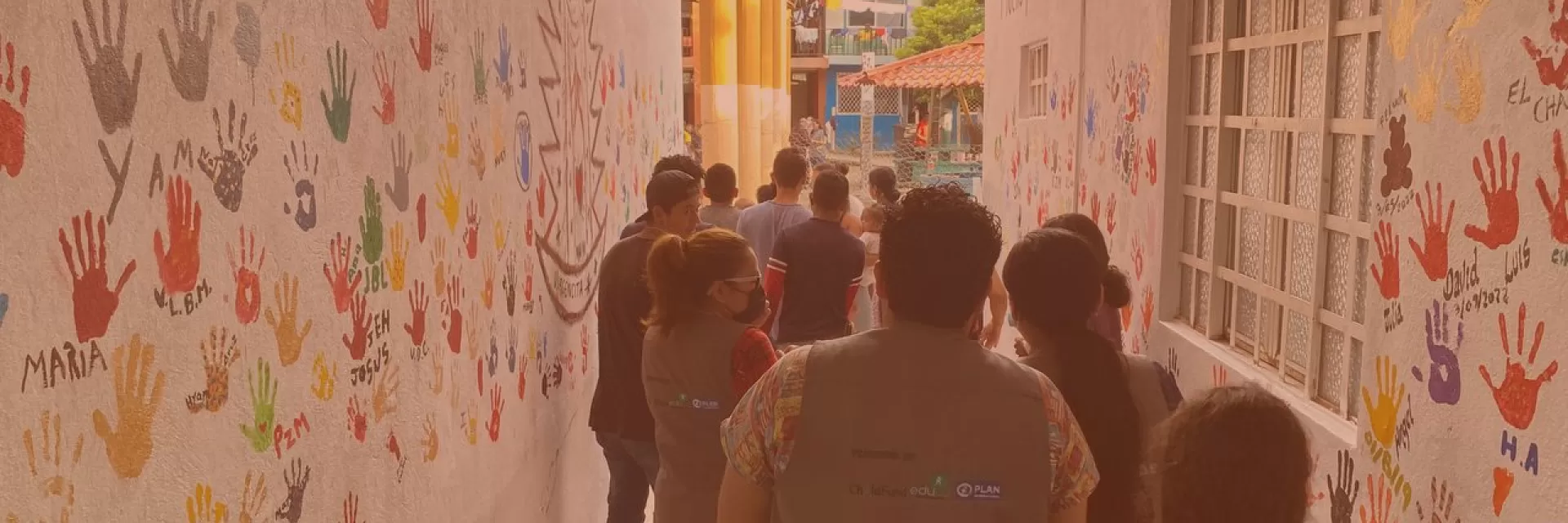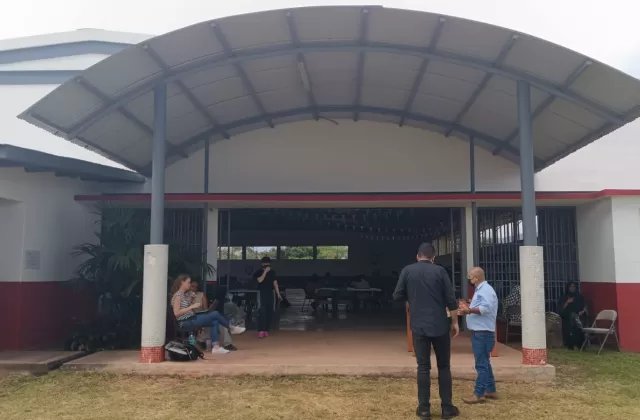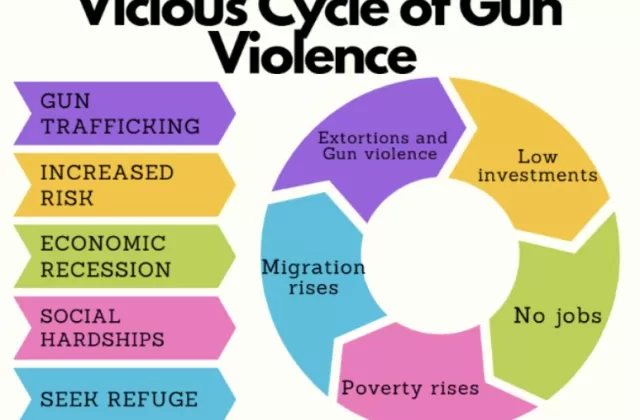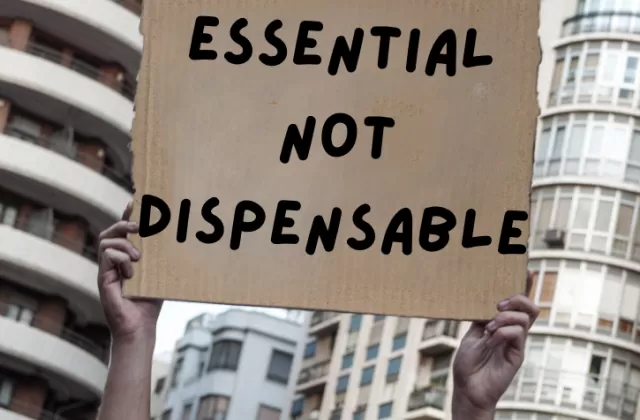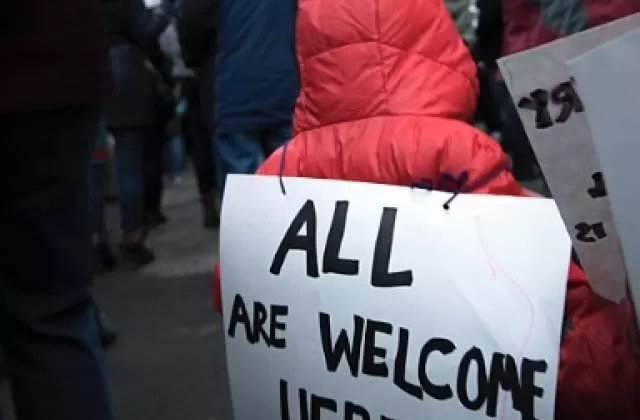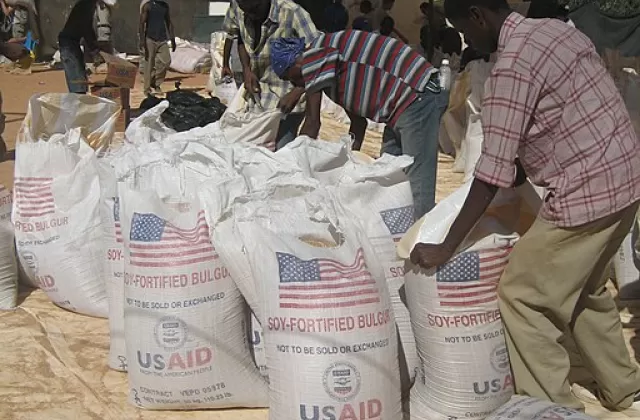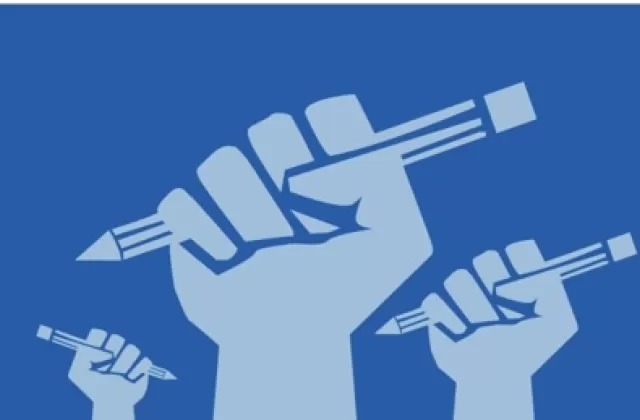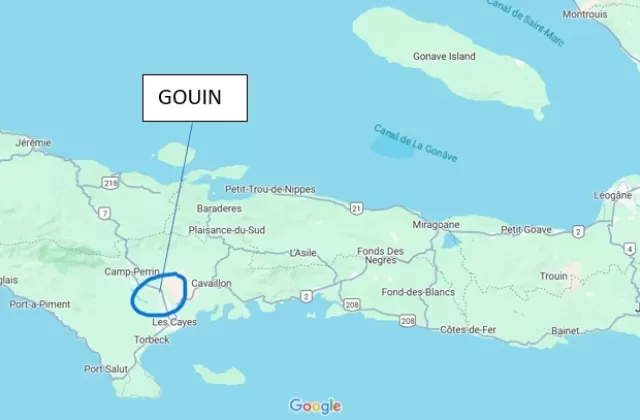The Signs of the Times
More than half of the people in Haiti are facing severe hunger, with at least 8,000, specifically among those displaced and living in tent camps, facing starvation. Gang violence killed 5600 people in 2024, with half the country displaced. The violence, death, hunger and displacement are a result of weak U.S. gun laws and weak enforcement that enriches manufacturers and dealers and enables illegal gun trafficking across the Caribbean.
Panama: The Epicenter of US Border Externalization Tactics
Quixote Center is set to embark on another Solidarity Trip to Panama (March 23-30) in partnership with the Franciscan Network for Migration (FNM).
Gun Trafficking from the US Fuels Migration
The link between gun violence and migration is evident. If any US administration is serious about curbing migration, they need to stop the flow of US weapons that end up in the hands of gangs and cartels. Gun violence in Latin America and the Caribbean is a main driver of forced migration.
Updates from Quixote Center Work in Haiti
Gang Violence, TPS, and Advocacy
In February, Department of Homeland Security (DHS) rescinded the extended designation of Temporary Protected Status (TPS) for Haiti, ending legal protections for Haitians with TPS living in the United States on August 3, 2025.
The Self-Dealing US Administration
Most of you reading our communications probably do not receive the MAGA emails. Exposure to them is an eye-popper.
They are a barrage of pitches to buy Trump stuff: caps, cups, coins. Anecdotally, attempts to unsubscribe are futile. Some days they send 4 or 5 emails trying to get people who are on their list to tell them how great is MAGA by filling out their surveys, buying their stuff, and claiming prizes. All this money and adulation is going to someone who is already a billionaire.
Who benefits from the US immigration system?
The immigration system in the US is dysfunctional, with decades of failed attempts at comprehensive immigration reform. The reason: powerful interest groups are profiting from it. Although immigrants founded the United States, and our nation is supposed to be a land of opportunity for those seeking the “American Dream”, the US has a complex history of anti-immigrant sentiment with cycles that have pushed and pulled people from all parts of the world.
US Border Shutdown and Deportation Flights Leads to Humanitarian Crisis in Panama
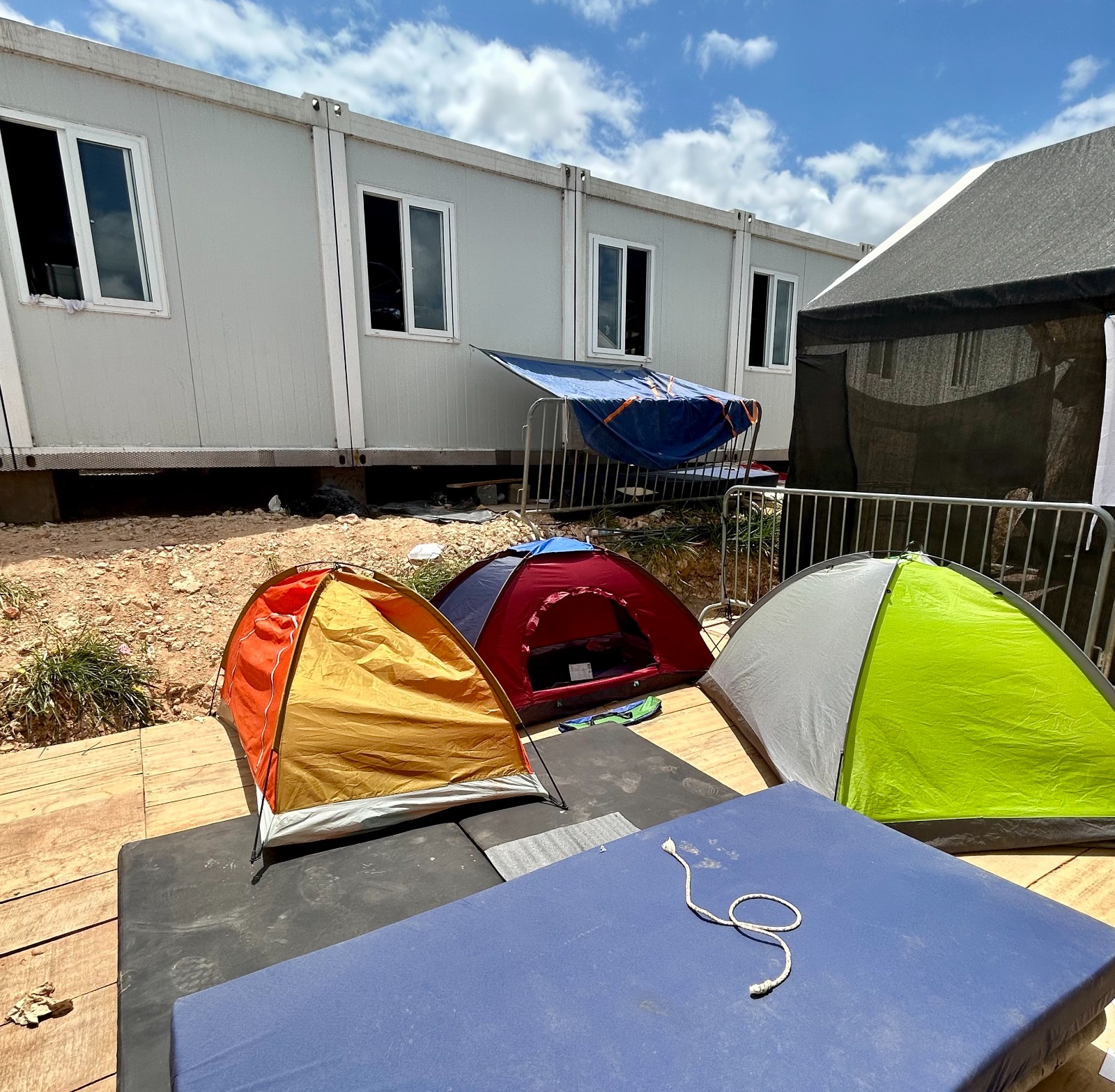
Quixote Center is Anti-Racist
Quixote Center is an anti-racist organization. The history of racism, systematic oppression and exploitation of people of color began with the origins of this country and continues with devastating effects today among communities of color. These include pervasive anti-Blackness as a hallmark of living in the United States, and the notion that making America great includes expelling immigrants of color. We believe that efforts toward diversity, equity and inclusion are what is making our country great.
Updates on Migration
The news cycle has been spinning out of control since January 20. The shock and awe tactic intends to destabilize and demoralize the opposition. Here we focus on the barrage of Executive Orders (EO) signed by our new President that affect migrants in the United States and abroad. We assess the impact they are having and what we can do to better protect our friends and neighbors who fear being deported.
USAID Reflections
It’s complicated, to say the least.
Our new President claims that a “bunch of radical lunatics” run USAID. His preposterously wealthy sidekick calls it a criminal organization and said it was “time for it to die.”(i) They have not presented evidence.
Quixote Center Statement on Actions of the New Administration
Stay strong. It will be a tough few years.
We reaffirm our commitment to support and promote the rights and dignity of people on the move, as well as migrants already seeking a new life in our country. We reaffirm the humanity and dignity of LGBTQ persons and offer our love. We stand behind Bishop Budde’s plea for compassion and mercy toward the most vulnerable.
Social and Economic Recovery in Gouin, Haiti
The liberation of our continent means more than overcoming economic, social, and political dependence. It means, in a deeper sense, to see the becoming of humankind as a process of human emancipation in history. It is to see humanity in search of a qualitatively different society in which it will be free from all servitude, in which it will be the artisan of its own destiny. It is to seek the building up of a new humanity… Gustavo Gutierrez
